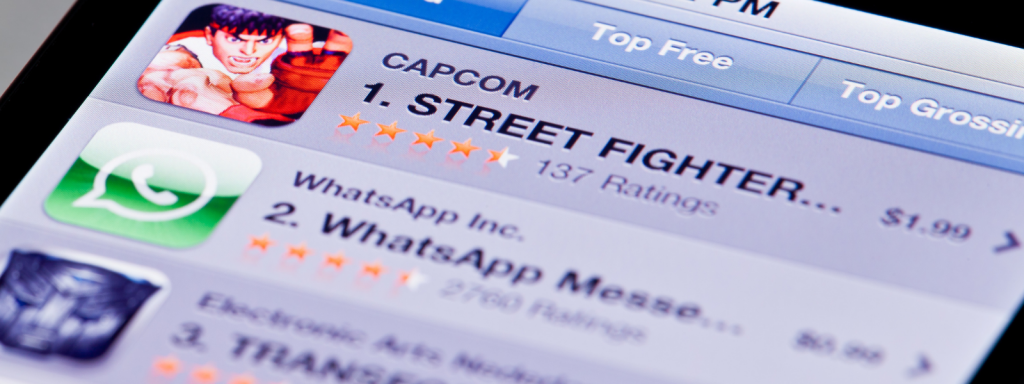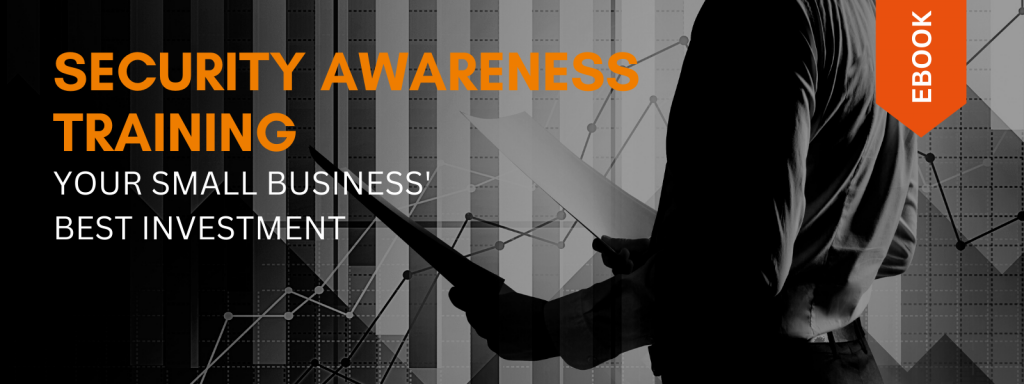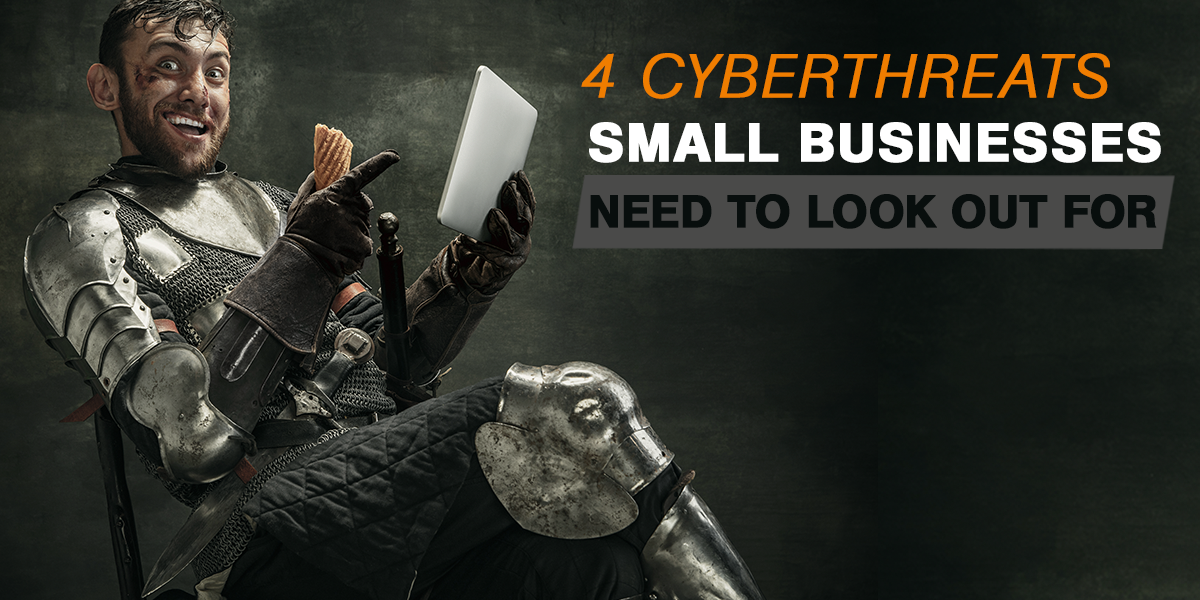With new cyberthreats constantly emerging along with the rapid growth of technology, data breaches are becoming more common. And according to the IBM, Cost of Data Breach Report 2022, the average cost of a data breach increased 2.6% between 2021 and 2022.
Hackers can now access sensitive information easier than ever, thanks to the growth of the internet and the increasing interconnectedness of businesses. They can then sell that information on the dark web or use it to commit other crimes such as identity theft.
So, what can you do to defend your business against data breaches? The first step is being aware of the threats that exist. Next, you need to take measures to secure your data. Lastly, you should know what to do if the worst does happen.
In this blog post, we’ll discuss a few of the threats you need to look out for to safeguard your business.
Don’t Let These Cyberthreats Into Your Business
You have likely already heard of different phishing or even smishing tactics. We’ve compiled some lesser known cyberthreats that you need to be aware of:
1) Malware-Laden Apps
Smartphones are now considered to be an essential, creating a great opportunity for smartphone app developers. While there are many legitimate and safe apps available in app stores, there are also many malicious apps cybercriminals release despite great effort to keep app stores safe.
One of the biggest dangers of downloading malicious apps is that they can infect your device with malware. These can steal personal data, corrupt files and cause your device to crash and more. Malware can even allow hackers to take control of your device remotely.
So, how can you protect yourself from downloading malware-laden apps? The best defence is vigilance and research before downloading an app, even if it’s from an official store like the App Store or Google Play Store.

Check reviews and ratings, and only download apps from developers that you trust. Many cybercriminals will create clones of popular apps in order to trick users into downloading their compromised app instead of the real one.
When downloading popular apps for banking, social media and more, look for a certified badge next to the app publisher or developer information to confirm you are not downloading a fake.
And always be wary of the permissions that apps ask for and consider the reasons behind them, these can be good indicators of whether there are any ulterior motives.
2) Malicious QR codes
It’s no secret that QR codes are becoming increasingly popular. During the pandemic hospitality businesses started to use them to streamline their services safely. Unfortunately, while they offer a convenient way to share information, they also present a potential security risk.
When you scan a QR code you often can’t see the URL you are being taken to until its too late. Some URL codes will lead the unsuspecting user to a malware infected webpage. So scanning a malicious QR code can give attackers access to your device and data.
Hackers can also tamper with existing QR codes in order to redirect you to a phishing page in order to collect credentials.
The best way to protect yourself against this type of attack is to take precautions when scanning QR codes. For example, you can use a reputable QR code scanner that checks malicious content before opening it.
Or use a QR code that shows you the complete URL for inspection rather than take you directly to an unchecked webpage. You should also avoid scanning QR codes that you don’t trust.
3) Juice Jacking
If you have ever been out and about in desperate need of charging your phone you may have come across a public charging point. And you may have thought this was perfect luck. You wouldn’t be the first to do this, more and more people are using public charging stations.
However while most people consider charging to be purely about electricity, plugging your phone in through a USB also allows data to be transferred.
Juice jacking is a cyberattack where a malicious actor secretly installs malware on a public charging station. This malware can then infect the devices of anyone who plugs into the charging station. Cybercriminals then use this to steal data on your device.

You may think that there is no risk as your device is set up to prompt you to confirm whether or not you ‘trust’ the connection to share data. But malware infected devices will be able to override this.
And, it’s not just phones at risk — any device connected to the infected public charging station is susceptible to juice jacking, including laptops and tablets.
If you must use a public charging station, take a few precautions. To start, only use trustworthy stations. Second, to keep your device from becoming infected, use a USB data blocker. Finally, ensure that your device is in “charging” mode rather than “data transfer” mode.
However best practice is to avoid public charging stations altogether – particularly for work devices.
4) Using public Wi-Fi without a VPN (Virtual Private Network)
Public Wi-Fi is everywhere, and it’s often very convenient to use when you’re out and about. But many people don’t realise that using public Wi-Fi without a VPN can be a security disaster.
When you’re at home you can take steps to secure and encrypt your own Wi-Fi connection. In the office your business should have strong encryption and passwords in place to protect your network.
Public Wi-Fi however is completely out of your control and unfortunately there are many people out there who will take advantage the convenience of public Wi-Fi.
When you connect to a public Wi-Fi network, you could be inviting hackers and cybercriminals to access your data. Without a VPN, anyone on the same network as you can easily see what you’re doing online. And with new hacking tools easily available its never been easier. Criminals can intercept your data, steal sensitive information and even take over your sessions remotely.
And if you are checking an email on your business phone while out for lunch or working from a coffee shop for a change of pace? You’ve just put your entire business at risk. Hackers can easily access your company and customer data this way.
That’s why we recommend using a VPN. A VPN encrypts your data and provides a secure connection, even on public Wi-Fi. Businesses should enforce the use of VPNs when using work devices through stringent policies and employee training.
Collaborate to tackle cyberthreats
If you can’t devote adequate time and effort to combating emerging cyberthreats, partnering with an IT service provider is your best option. An IT service provider, like us, can help you with cybersecurity, backup, compliance and much more.
We can also help prepare your employees’ to deal with the latest cyberthreats by providing regular security awareness training. Employees can benefit from this training by learning how to identify and avoid phishing scams, protect their passwords and detect other types of cyberattacks.

To learn more about security awareness training, download our eBook “Security Awareness Training: Your Small Business’s Best Investment” by clicking here.
